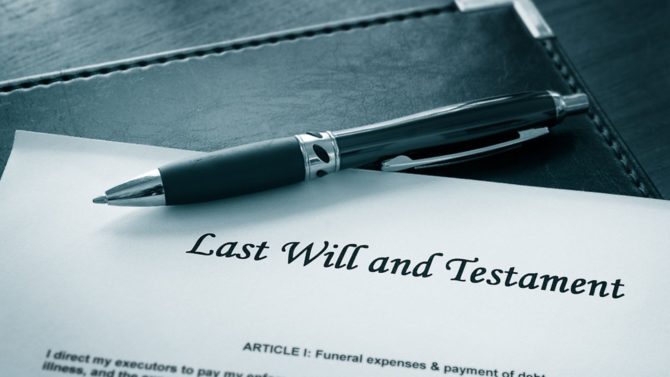5 things British nationals may not know about making a will for their French assets

Should you have a British or French will? Will Brexit make a difference? Do you have to pay inheritance tax? Here are 5 things you might not know about making a will for your French assets
Written by Dan Harris, Head of International & Cross-Border at Stone King LLP
1. Your British will is as valid in France as a French will is.
This has been the case since 1967 when the French authorities signed up to the 1961 Hague Convention on testamentary dispositions. If a French or English lawyer – or your ‘knowledgeable friend’ in the golf club – tells you otherwise, you can now set them straight.
2. Brexit is no reason for British nationals to hold off making a will.
Because the UK opted out of the European Succession Regulation (EU650/2012 Brussels IV), it is already treated under the regulation as a state outside the EU. So when the UK leaves the EU on 29 March 2019, it will continue to be treated as a state outside the EU. It follows that any succession advice provided today by a specialist cross-border lawyer will not change.
3. If you, as a British national, want to elect for British law to govern the terms of your UK will rather than French law, then you are better off receiving advice from a British lawyer than a French lawyer.
If you are electing for British succession law to apply then who is better qualified to advise? A French lawyer with little or no knowledge of British law, or a specialist British succession lawyer? Moreover, wills are very rare in France compared to the UK because most French nationals are happy with the standard French ‘forced heirship’ provisions. This means that UK lawyers tend to have more will-drafting experience.
4. Inheritance tax may still be payable in France and England, even if you have elected for English succession law to apply in your will.
The EU Succession Regulation specifically excludes tax. This is instead governed by a 1963 Double Taxation Convention, which does allow for double paid tax to be reclaimed, but the rules relating to your specific circumstances can be complex.
5. Domicile is not where you live, where you were born or your nationality, yet it governs who is entitled to your property and the taxation of your estate after death.
A person’s common-law domicile is not always straightforward. Non-specialist, non-UK lawyers often underestimate the importance of domicile and can be ill-equipped to advise on this extremely technical subject.
Don’t miss
The new European inheritance laws explained
How do EU inheritance laws impact me?
Share to: Facebook Twitter LinkedIn Email


